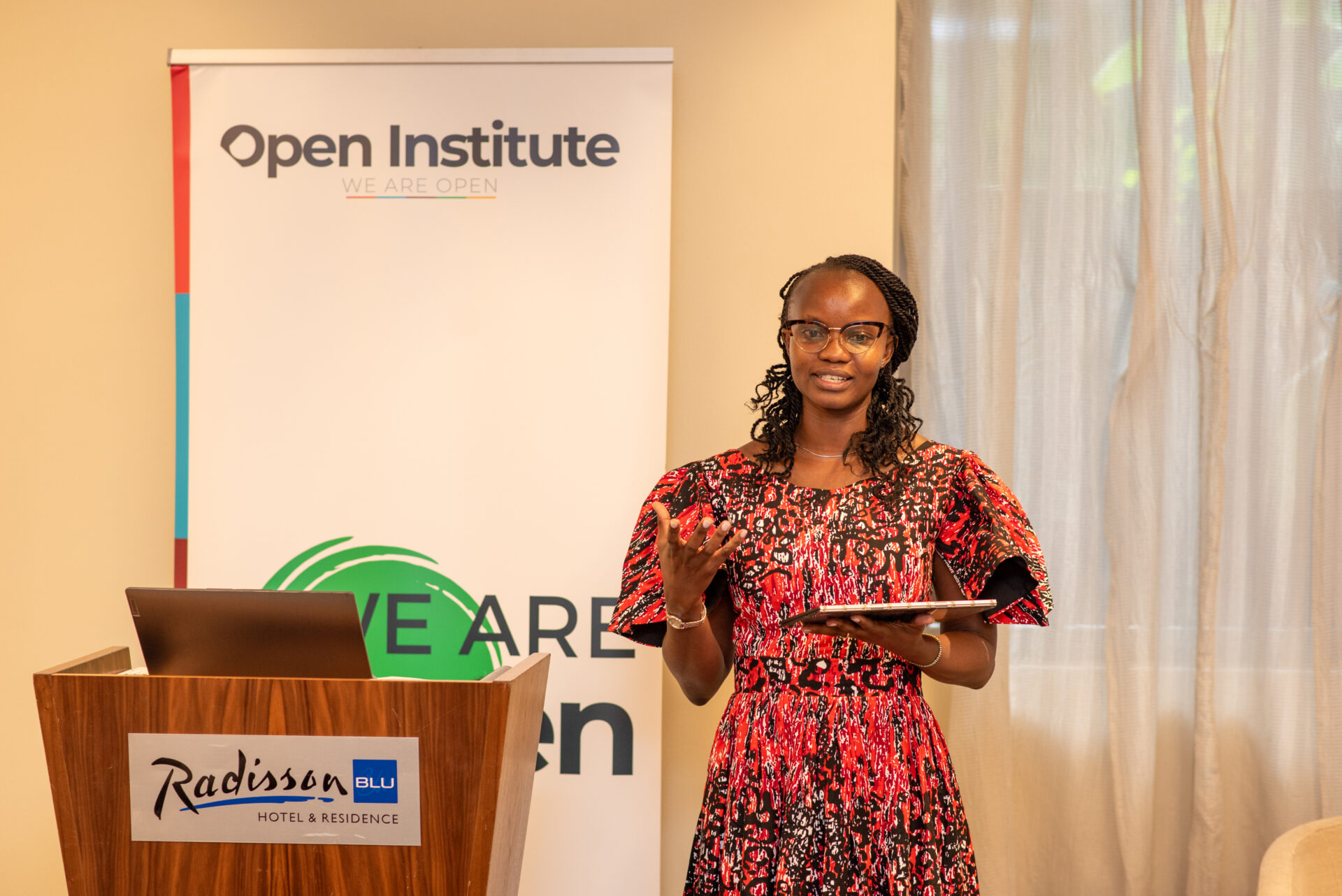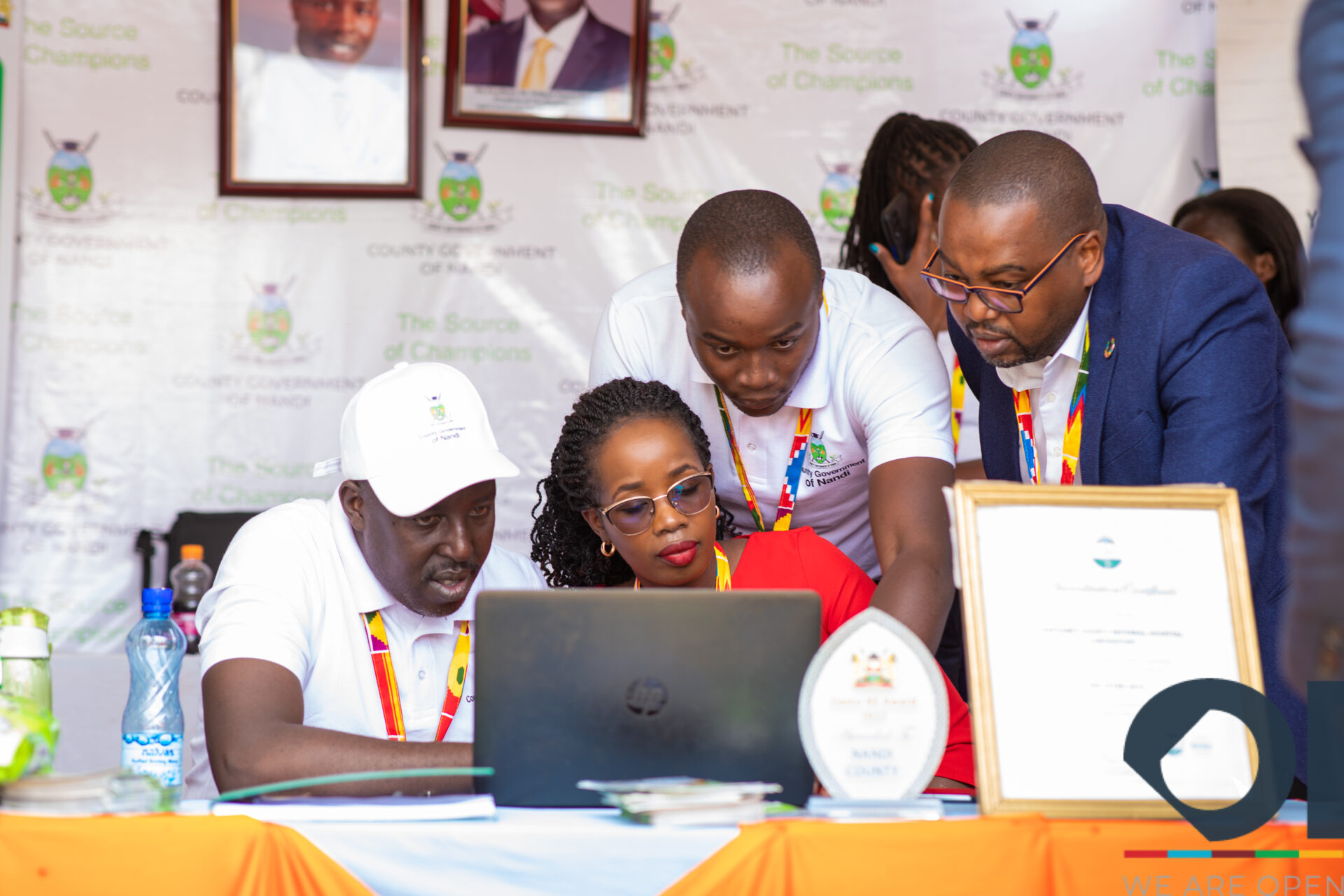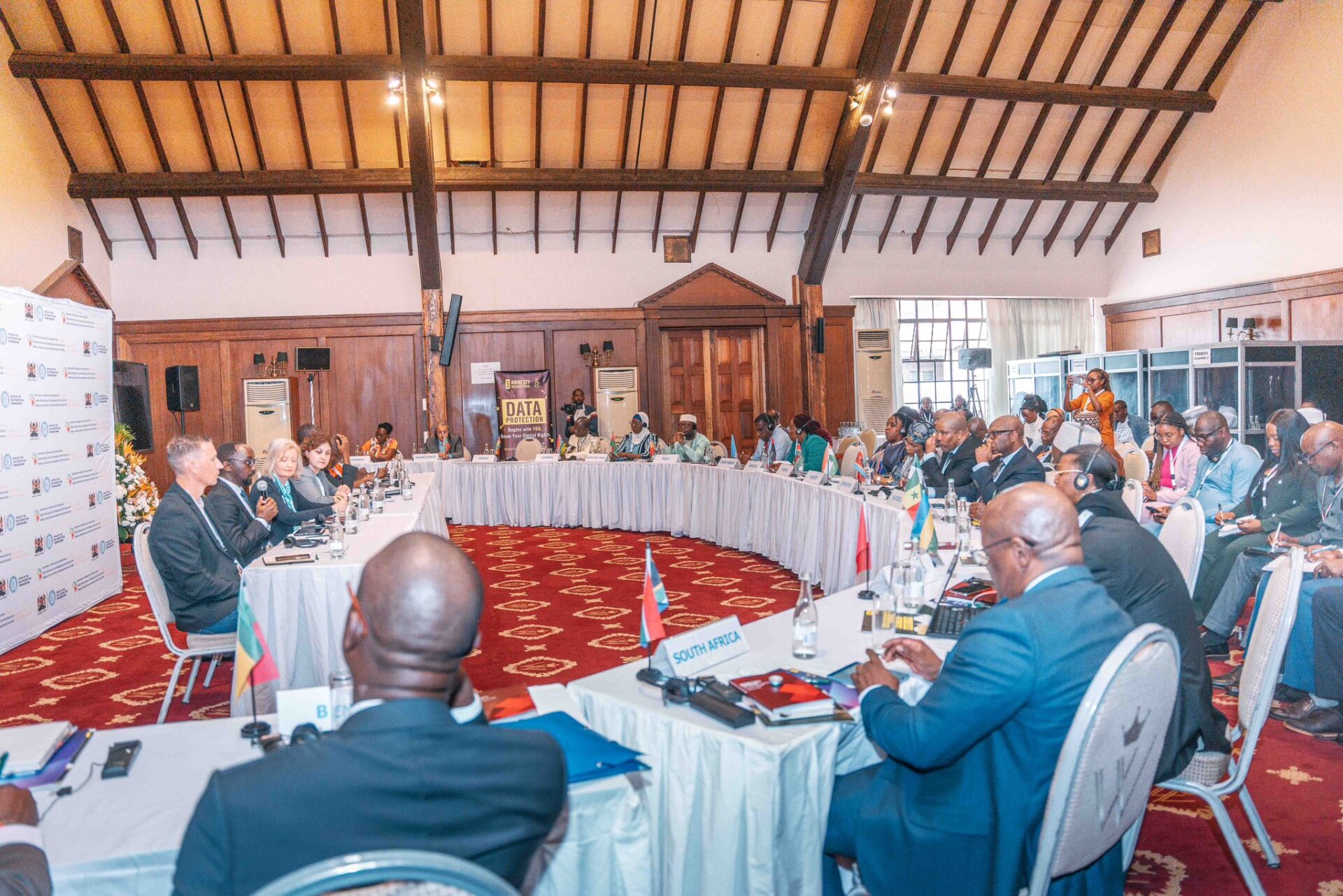The Value of Time: Why Unpaid Domestic and Care Work Deserves a Place in Kenya’s Economy
If you were to count every hour spent preparing meals, cleaning homes, tending to children, or caring for the elderly, how much of the economy would that be worth? For decades, the daily rhythm of unpaid work, mostly done by women, was invisible in national statistics. Time-use surveys started as simple diaries of how people…
Read article









